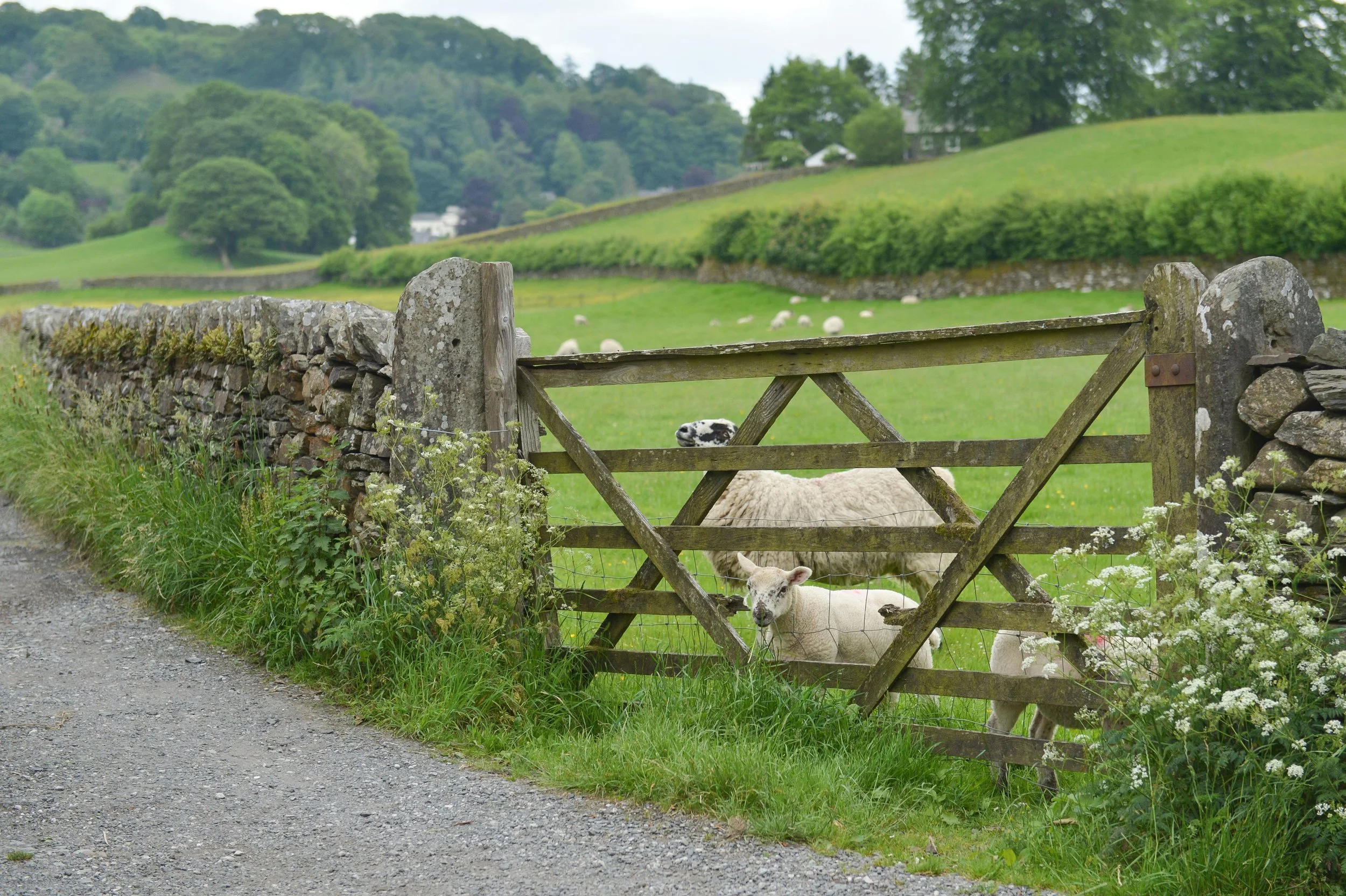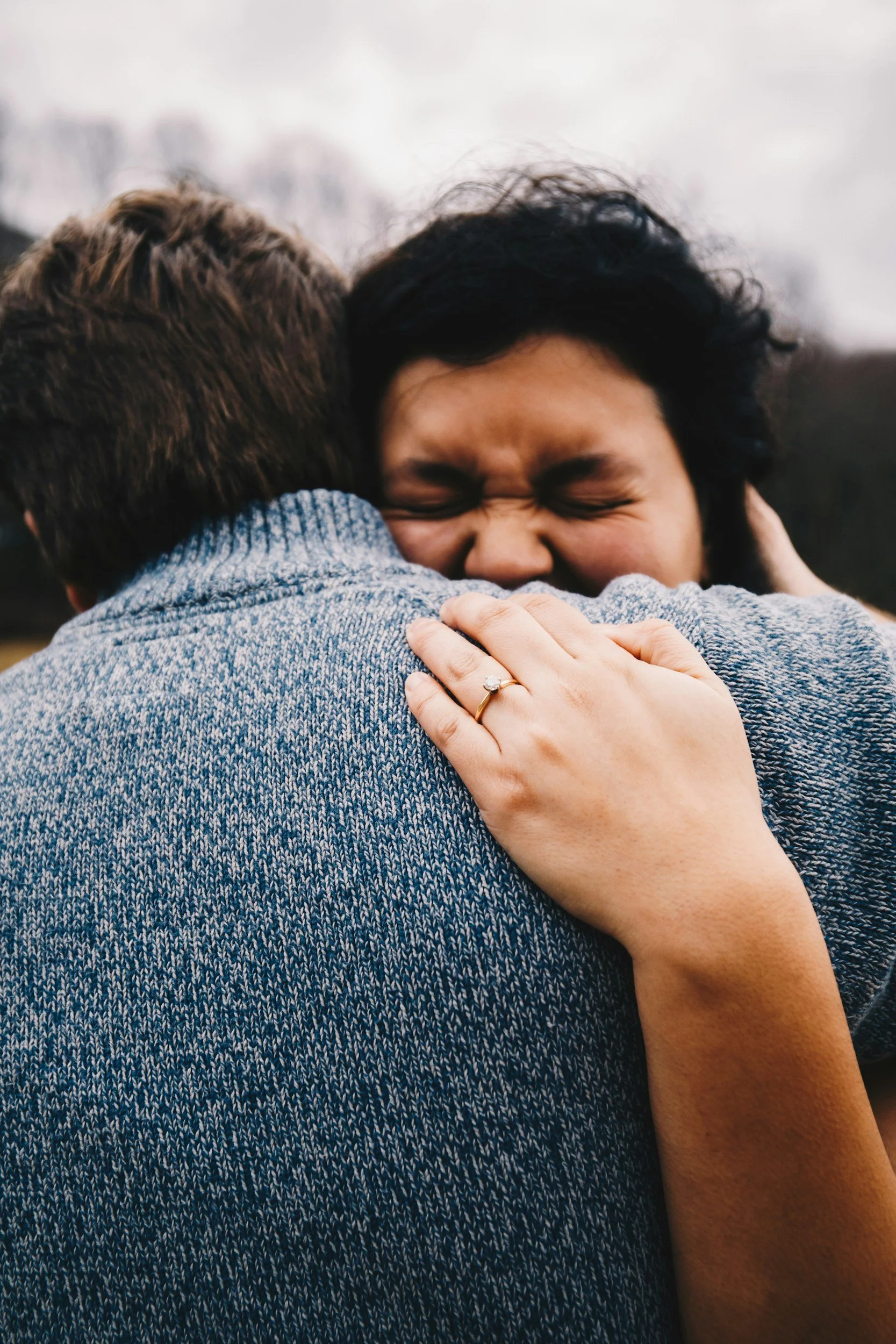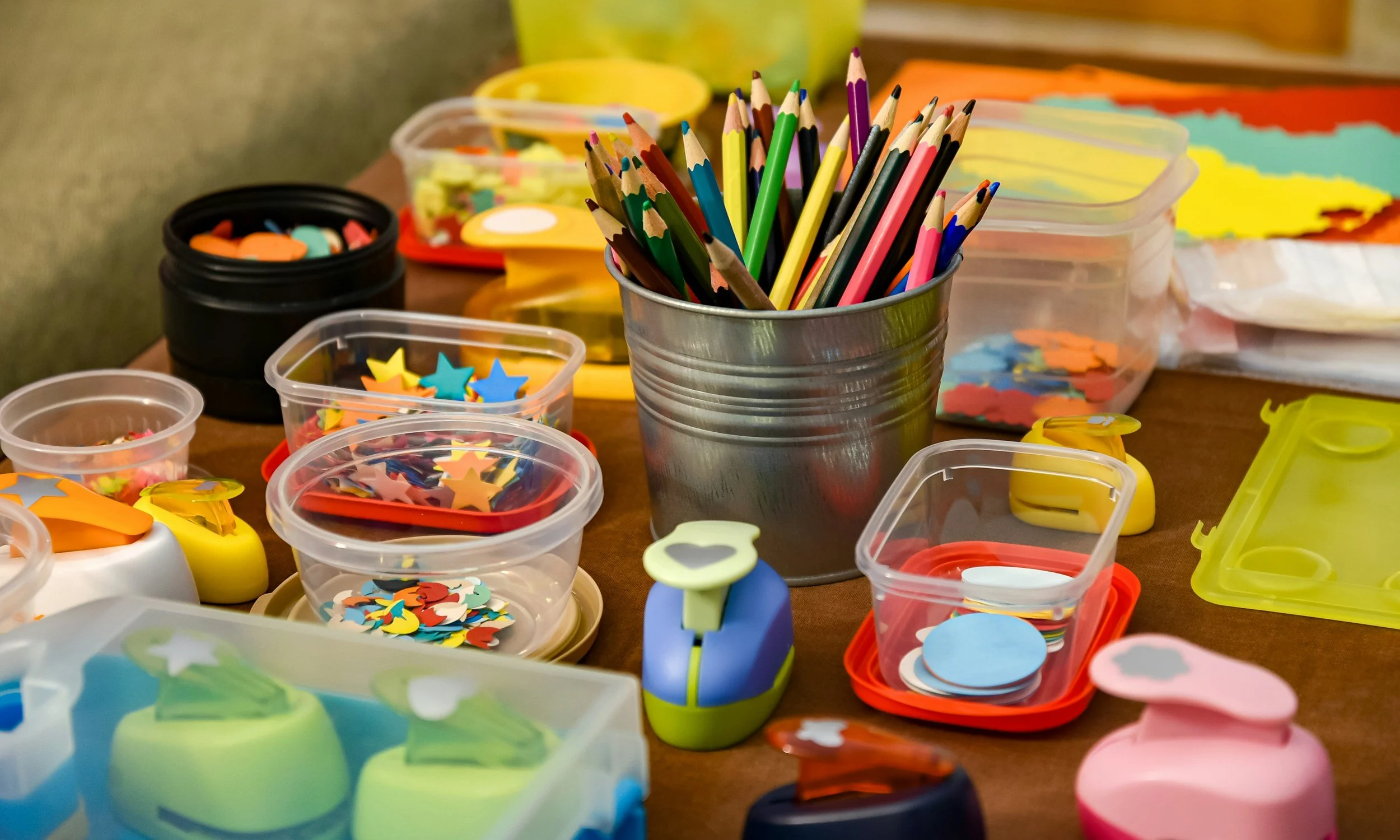Narrative Lectionary Key Verse for Today
“A poor widow came and put in two small copper coins, which are worth a penny.”
NL Daily Devotion for Sunday, March 10, 2024
by Madison Johnston, Clergy Stuff
Main Idea: We are called as followers of Jesus to make our communities safe places for giving—places where the love of God and the love between neighbors can flourish.
Imagine taking your life savings—all of your cash, all of your retirement accounts and your investments—and dumping the lump sum in the offering plate at church. How would that make you feel? Probably terrified. Maybe even a little sick to your stomach.
And why is that? Most likely because you would be left wondering how you were going to make it through the rest of the day. And the next one. And the next one. How would you pay for groceries? Where would you go to pull your mortgage payments? What would you do if you had a medical emergency and needed to pay for something specialized? If you gave everything you had to your community of faith, would you trust them with it?
We aren’t told how the widow in this story feels when she puts what Jesus describes as “all she had to live on” into the treasury. We don’t know if she was terrified or sick to her stomach. But we do know that she believed so deeply in what she was contributing to that she gave quite literally her last penny to help the cause. We can infer from this text that this widow felt safe to give because she trusted that what she gave would eventually come back to her. She trusted that, because her community was living by the Greatest Commandment—the simultaneous love of God and neighbor—they would take everything she offered and use it to care for her.
When we read this story and we hear sermons preached on this story, we often focus in on this widow and ask ourselves how we can “go and do likewise.” How we can model faith-filled giving—that is, giving without reservation or worry. But maybe that means that what we should focus on, instead, is the metaphorical water this widow is swimming in. The assumptions she can make. The things she can take for granted. Maybe what we need to ask ourselves is how we can help to shape a community in which giving without reservation or worry is possible.
What are the things we can say and do to let our neighbors know that they can trust us to take care of them? What are the things we want to see in our congregations, our schools, our workplaces and our neighborhoods that reflect the love we have for God?





